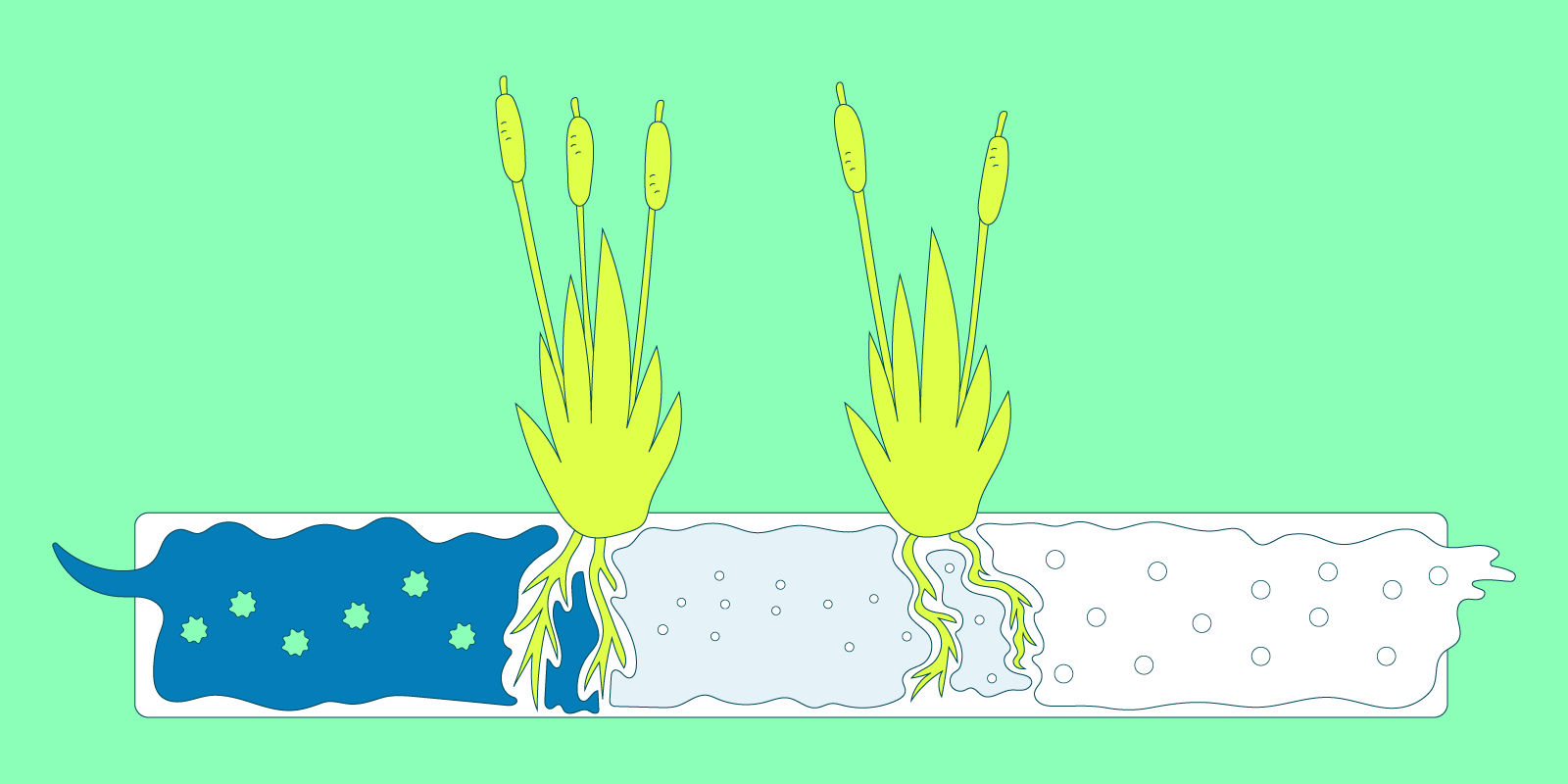According to data from the United Nations (UN), more than 80% of the wastewater on the planet returns to our ecosystems without having been properly treated or reused.
Current technology already allows for the reversal of this situation, and every day the percentage of waste properly treated increases. According to the Spanish Association for Desalination and Reuse (AEDyR), Spain leads water reuse in Europe (from 10% to 13%). To do this, numerous physical, chemical, biological, and absorption processes are involved until purified water is obtained, which is as vital for humans as it is for the environment.
And it is precisely in this context that the installation of treatment plants continues to grow at a sustained and necessary pace.
The technology traditionally used for water treatment diversify between those that use physical processes such as filtration and others that do so through chemical processes, such as advanced oxidation , which today is one of the most used due to its efficiency.
But if there is a technology that is reaching the forefront of this necessary mission for wastewater treatment, it would be biofiltration. This method achieves wastewater treatment through a purely biological process.
The water to be treated pass through filters composed of microorganisms for which the contaminating particles are nutrients. The particles are ultimately broken down and transformed into non-hazardous substances.
This technology not only achieves excellent quality in treated water, but does not require large spaces for its implementation.
Updating old wastewater treatment plants
Most of the treatment plants in our country were built decades ago and have become obsolete. Biofiltration equipment is designed to update them and, in addition, it can be used in other new plants that are integrated into urban buildings, given the little space that their materials require and their modern design.
Biofiltration success stories in Spain
Spain already has success stories in wastewater treatment using biofiltration. In Falset (Tarragona), a fully automated drinking water treatment plant was built in 2018 that treats well water with nitrate levels above those indicated in Royal Decree 140/2003. This standard establishes the health criteria for water quality for human consumption, in accordance with that set by the World Health Organization (WHO).
The biofilters used in this plant have a high efficiency, low energy cost, and a useful life of more than 20 years.
A recent study by the Institute for Environmental Diagnosis and Water Studies (IDEAEA-CESIC), the Institute of Agricultural Research and Technology (IRTA), and the Eurecat Technology Center, along with several companies, paints a positive picture. Thanks to vertical biofilters composed of microalgae and bacteria, it was possible to eliminate 98% of nitrates and 90% of pesticides and antibiotics from the wastewater.
Currently, there are two pilot plants developing the project: at IRTA in Caldes de Montbui (Barcelona) and in Nules (Castellón).
Proper and efficient wastewater treatment plays a fundamental role in our well-being and the health of the environment, and biofiltration is a key tool that continues to improve in order to achieve high rates of effectiveness.





